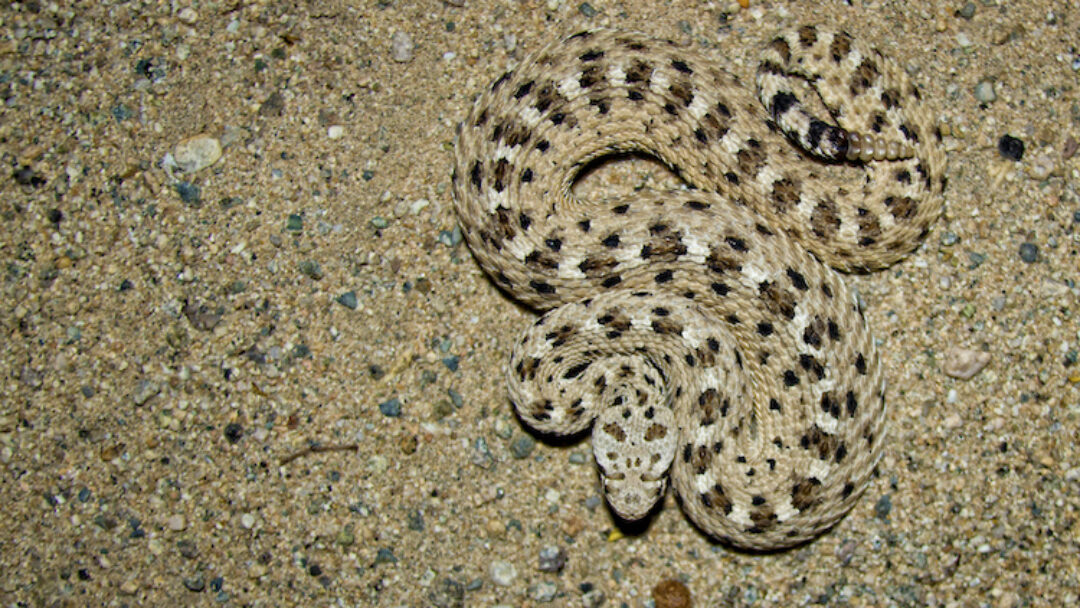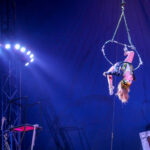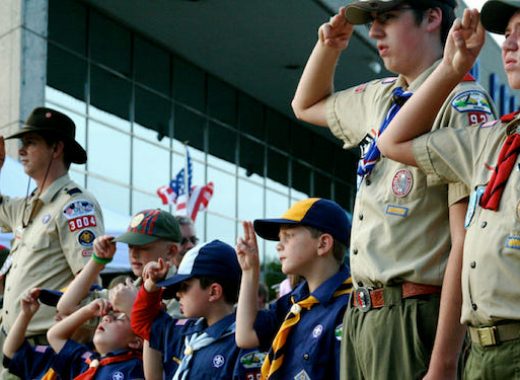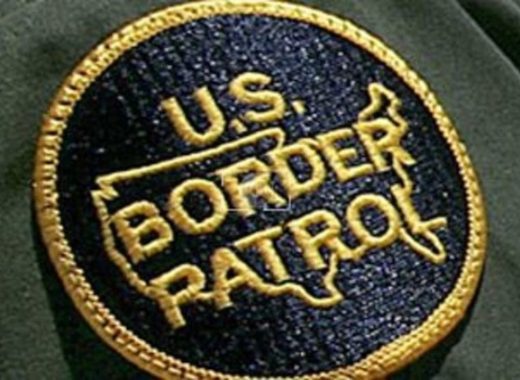Martha Troy, 78, was supposed to be going for a spa day to celebrate her birthday with her daughter this week, but an unfortunate rattlesnake bite swiftly spoiled those plans. The Scottsdale woman, who turns 79 on Wednesday, was finishing up a hike with her daughter and granddaughter at the Spur Cross Ranch Conservation Area in Cave Creek on Saturday when she was suddenly bitten on the ankle by the snake.
Troy, a retired intensive care unit nurse, said she has been hiking for about 25 years in Arizona and finally got unlucky — the warning rattle happened almost simultaneously as she was bitten while on the way back to the trailhead. After going to a small hospital in Cave Creek, Troy was transported for further treatment at Banner – University Medical Center Phoenix, where she has made a smooth recovery. She emphasized the importance for hikers to be aware of their surroundings while out in the desert.
“Do not walk off-trail, look ahead on the ground, and back off if you hear a rattle,” Troy said. “Know what treatment you should and should not do for a rattlesnake bite, and get help immediately if you experience one.”
Troy was the first rattlesnake bite patient this year for Banner – University Medical Center Phoenix, which doesn’t typically receive envenomation patients until March. On average, the facility treats around 50 to 60 rattlesnake bite patients each year.
“If you are bitten by a rattlesnake, don’t panic — the most important thing is to get to a health care facility for treatment as soon as possible,” said Dr. Anne-Michelle Ruha, chief of the department of medical toxicology at Banner – University Medical Center Phoenix. “While applying a tourniquet or trying to suck out the venom are discouraged and can cause more harm, elevating the wound may aid with any swelling.”
Rattlesnake bite victims should call 911 as soon as possible for medical treatment, and they may also call the Banner Poison and Drug Information Center at 1-800-222-1222 for assistance in answering any questions related to venomous bites or stings.








